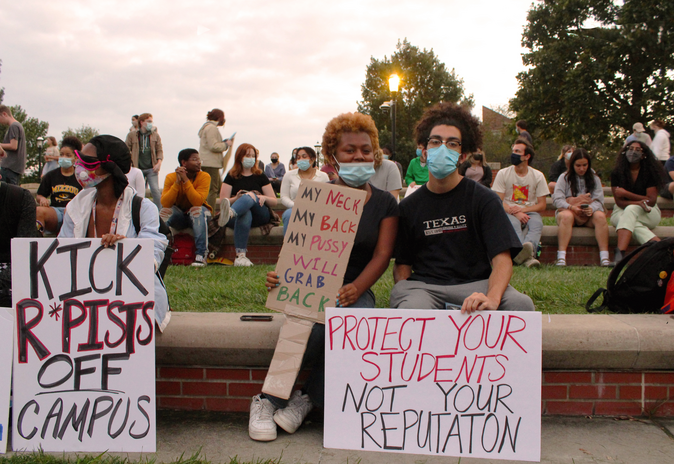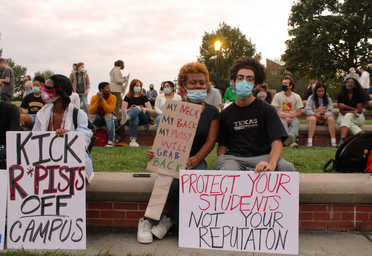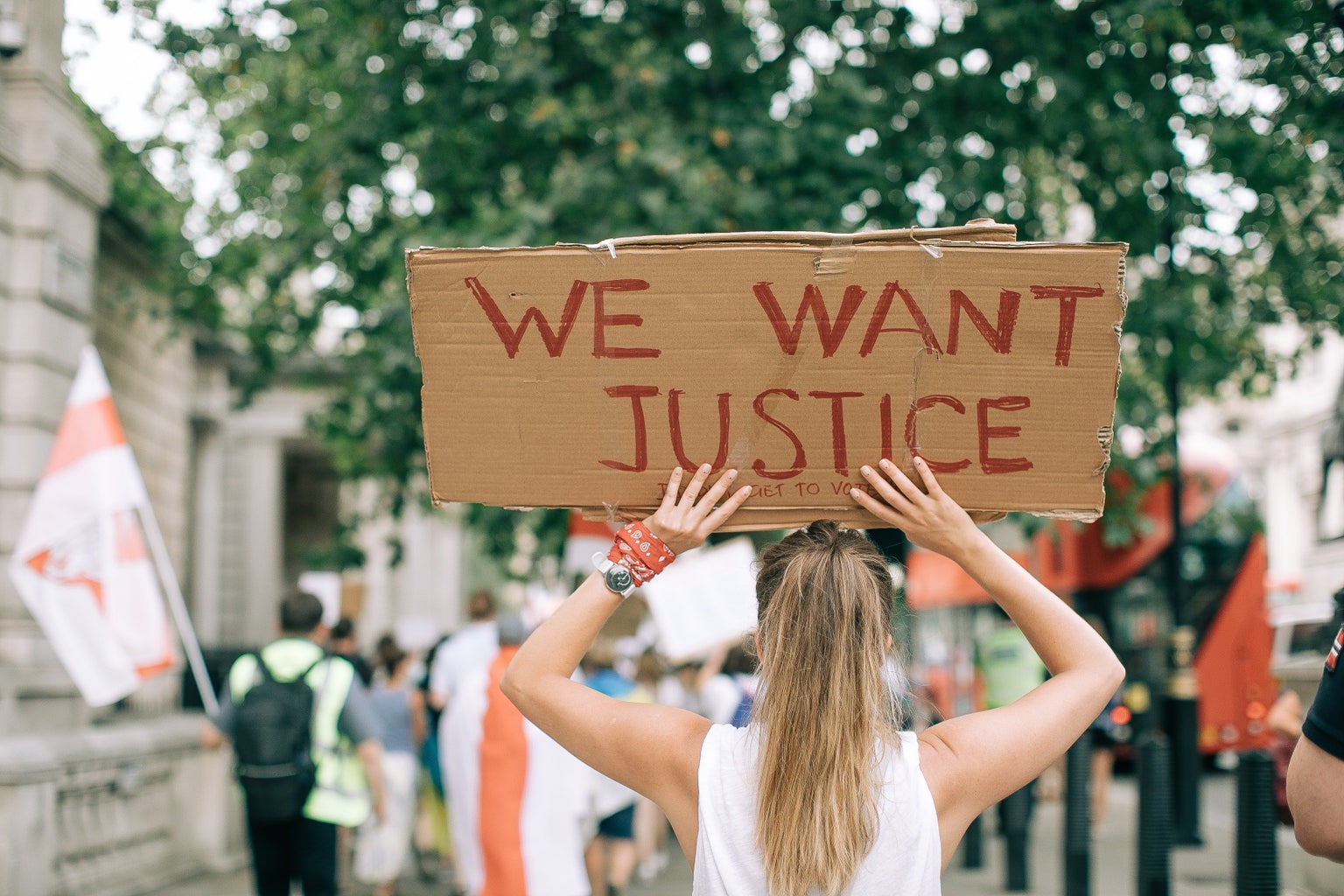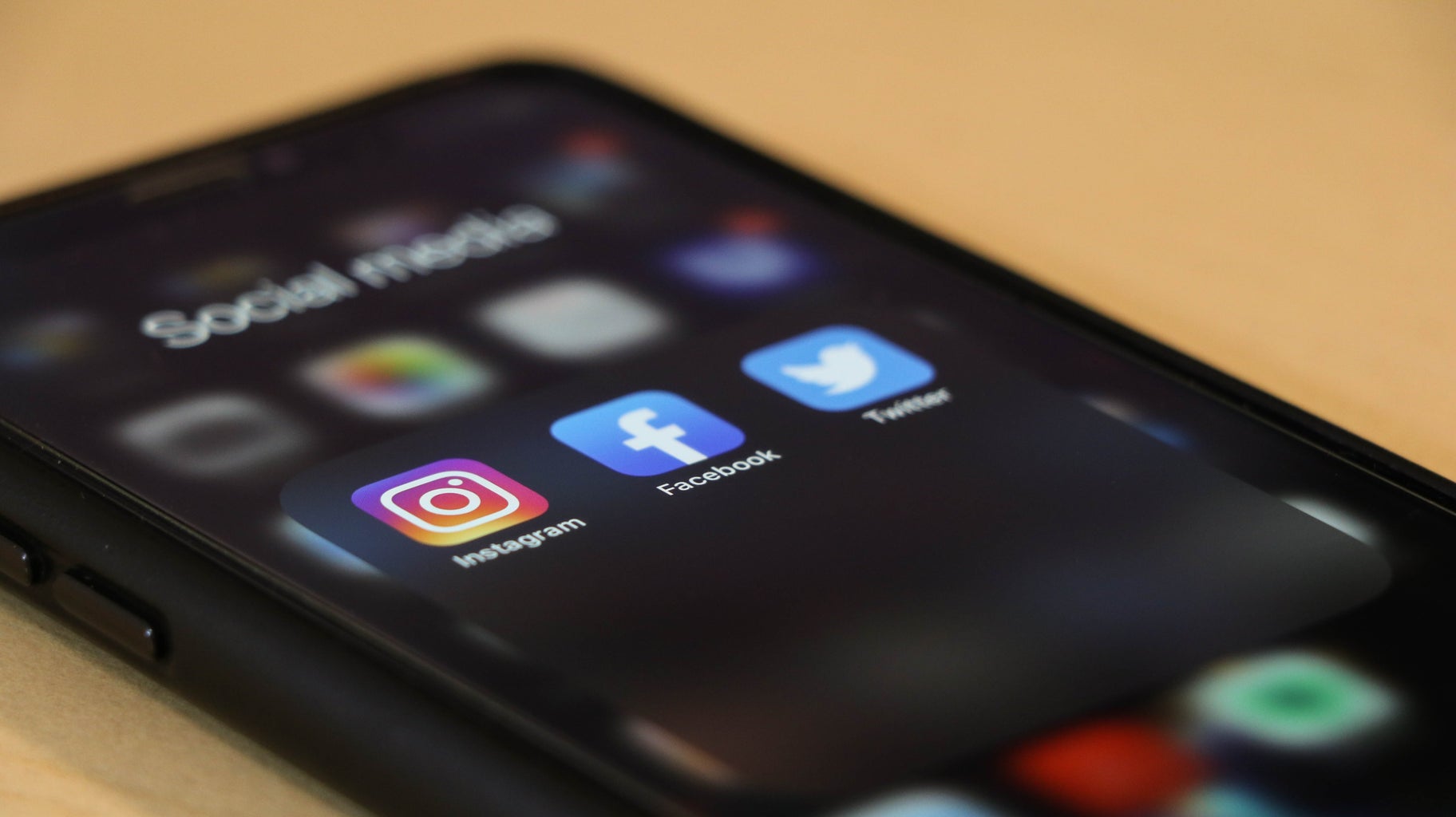“Cover your drink,” “bring pepper spray,” “don’t get too drunk,” “watch out for this frat” are all phrases I’ve heard in college that are reminders of the dark reality of sexual assault on campus.
Before coming to school I was warned about the dangers women face in college and adults, documentaries, and orientation videos have all rattled off cautionary tales and ways I can protect myself once I get to school. Although there is awareness around the issue of assault on campuses, colleges have time and time again failed sexual assault survivors. There’s a recurring pattern of colleges letting reports fall through the cracks or giving predators inadequate punishment. Often this happens because leaders and decision-makers at these colleges prioritize protecting the image of their school and young offenders over serving victims justice. It was found in a U.S. Department of Justice report that 1 in 4 women will experience sexual assault during college but only about 30% of predators are expelled in cases and only about 47% are suspended.
These injustices have sparked many protests on college campuses over the years, but a new aspect of activism has emerged through use of social media. Before recent social media movements, the only advocacy I remember seeing online was the #MeToo movement that encouraged survivors to share their sexual assault stories online and brought light to the severity of the problem. This movement made waves across the media and country, and it served as a perfect example of how social media can empower people to share their experiences and how this can ignite an urgency in people to make change.
Since the #MeToo movement, I really saw social media activism ramp up around college student experience. Students were making Instagram accounts representing their colleges, collected student DMs with statements and stories,and then those were shared anonymously. The amount of stories I saw on my feed showed the reality of sexual assault in college and created a sense of community that was really impactful. This impact can be seen in the creation of affiliate accounts, like @cwru.survivors that represented Case Western Reserve University survivors and their 400+ stories on their account. In response, Case Western University made a statement to CBS news that they would be expanding their support and education programs surrounding sexual assault.
In addition to sharing stories via anonymous submission, students have been connecting on online platforms to mobilize protests and demand action from their colleges. As people have slowly been gathering in groups again, there’s been a surge of in-person protests. The number of protests in the United States decreased in March 2020 as the pandemic became more apparent and slowly started increasing again around April 2020 and on. I also think the boost of social media content I’ve seen about sexual assault on college campuses goes hand in hand with this. For instance, there was a week where my TikTok feed was flooded with videos about a
rape incident related to the Phi Gamma Delta fraternity (commonly known as FIJI) at the University of Nebraska-Lincoln.Following the incident and lack of action from UNL, word about the injustice spread like wildfire across social media and protests emerged on campus. After several nights of protests and the creation of an online petition titled “Ban Fiji Forever (UNL) that has over 400,000 signatures, the chapter was finally banned at University of Nebraska-Lincoln.
Campus protests about sexual assault are nothing new, but the impact and shape they’ve taken recently reflect the influence digital activism and social media has. The response colleges have had to the demands voiced by students connecting on digital platforms is a hopeful sign that our generation can continue to create change.




